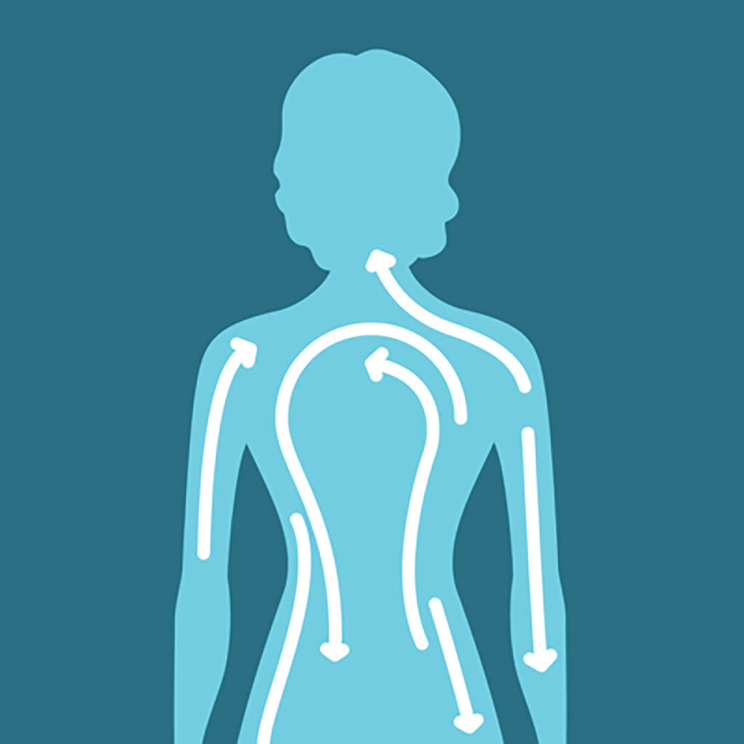Patient Support Line 1-800-282-7630, Monday – Friday: 9 AM – 5 PM ET
Receiving a Metastatic Breast Cancer Diagnosis
A metastatic breast cancer diagnosis can be shocking. You may feel scared and overwhelmed. As you process your diagnosis, keep in mind that this is not your fault. Metastatic breast cancer doesn’t discriminate, and it affects thousands of people each year.
Here are some facts to consider:

Metastatic breast cancer can develop years after an original diagnosis

20% to 30% of people with an early stage diagnosis will experience a metastatic recurrence of their cancer

About 6% of people are diagnosed with metastatic breast cancer from the start—this is also known as de novo metastatic

Both women and men can be diagnosed with metastatic breast cancer

There is no cure for metastatic breast cancer, but it can be treated

Metastatic breast cancer treatment is lifelong, and focuses on slowing the growth and spread of tumors—and with some treatments, helping women and men live longer

Nearly 80% of young women diagnosed with breast cancer find abnormal changes in their breast themselves
Two Types of Metastatic Breast Cancer Treatment
Metastatic breast cancer treatment can be different than early stage breast cancer treatments. Metastatic breast cancer treatment options can include the use of medicines that slow the growth and spread of tumors, in addition to local therapies, like surgery and radiation therapy.
There are two types of metastatic breast cancer treatment:

Systemic
Systemic treatments move through the bloodstream and treat the entire body.
These treatments include:
Chemotherapy
Hormonal therapy
Targeted therapies, like KISQALI. Targeted therapies affect cancer cells, but can also affect healthy cells

Local
Local treatments target the tumors. These treatments include:
Surgery
Radiation therapy
There’s no one right way to treat metastatic breast cancer. If you’ve recently been diagnosed, it’s important to partner with your doctor in order to determine the type of treatment plan that’s right for you.

